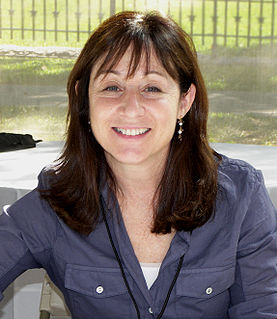Top 59 Quotes & Sayings by Jane Mayer
Explore popular quotes and sayings by an American journalist Jane Mayer.
Last updated on April 13, 2025.
The Kochs have been activists since the 1970s. You can go back and look at the platform of the Libertarian Party in 1980 and see what they really believe in. They wanted to abolish huge swaths of the U.S. government, including the Internal Revenue Service. They want to get rid of Social Security. They'd like to get rid of Medicare. They'd like to abolish the Environmental Protection Agency, which directly affects their business.
Barack Obama was elected President in 2008 and re-elected in 2012. The natural thing would be to suggest money on the right [wing] doesn't really matter that much. The first thing you have to know is that the presidential elections are the ones where it's most difficult for money to hold sway, in that they're the most public elections.
This year [2016] we're seeing a really strange upending [of the party]. The money was coming from these super-wealthy donors who were really on the far, hard right, people like the Kochs. So the party and the candidates moved so far to the right that a lot of people who don't share their point of view were unhappy.

















